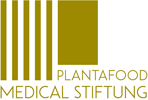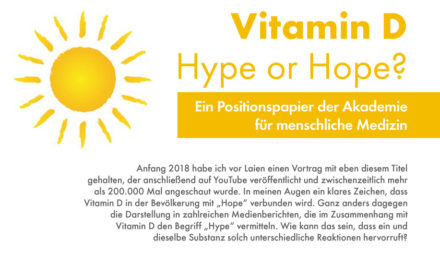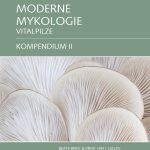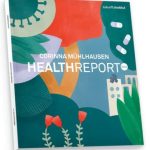Quercetin and Vitamin C: An Experimental, Synergistic Therapy for the Prevention and Treatment of SARS-CoV-2 Related Disease (COVID-19)
Ruben Manuel Luciano Colunga Biancatelli 1,2,3*, Max Berrill 4, John D. Catravas 1,2,5 and Paul E. Marik 1
1 Division of Pulmonary and Critical Care Medicine, Eastern Virginia Medical School, Norfolk, VA, United States, 2 Frank Reidy Research Center for Bioelectrics, Old Dominion University, Norfolk, VA, United States, 3 Policlinico Umberto I, La Sapienza University of Rome, Rome, Italy, 4 Department of Respiratory Medicine, St. Peter’s Hospital, Surrey, United Kingdom, 5 School of Medical Diagnostic & Translational Sciences, College of Health Sciences, Old Dominion University, Norfolk, VA, United States
Severe Acute Respiratory Syndrome Coronavirus-2 (SARS-CoV-2) represents an emergent global threat which is straining worldwide healthcare capacity. As of May 27th, the disease caused by SARS-CoV-2 (COVID-19) has resulted in more than 340,000 deaths worldwide, with 100,000 deaths in the US alone. It is imperative to study and develop pharmacological treatments suitable for the prevention and treatment of COVID-19. Ascorbic acid is a crucial vitamin necessary for the correct functioning of the immune system. It plays a role in stress response and has shown promising results when administered to the critically ill. Quercetin is a well-known flavonoid whose antiviral properties have been investigated in numerous studies. There is evidence that vitamin C and quercetin co-administration exerts a synergistic antiviral action due to overlapping antiviral and immunomodulatory properties and the capacity of ascorbate to recycle quercetin, increasing its efficacy. Safe, cheap interventions which have a sound biological rationale should be prioritized for experimental use in the current context of a global health pandemic. We present the current evidence for the use of vitamin C and quercetin both for prophylaxis in high-risk populations and for the treatment of COVID-19 patients as an adjunct to promising pharmacological agents such as Remdesivir or convalescent plasma.
Keywords
SARS-Cov-2, COVID-19, vitamin C, quercetin, flavonoids, antiviral, Coronavirus, immunonutrition








